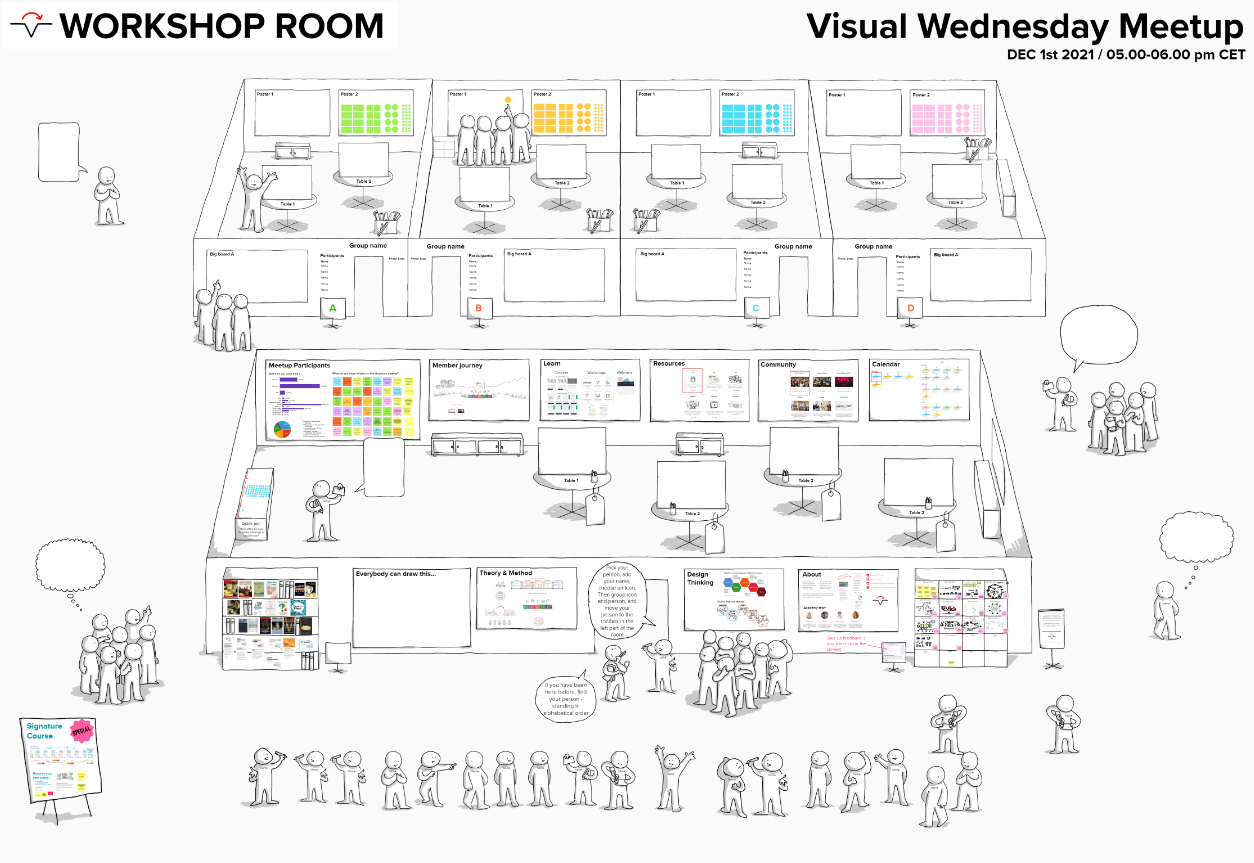A Good Week Workspace
Explore, plan and prioritize a good week in a fun and creative way. For your family. All ages.
Write your awesome label here.
A Good Week is a tool to help families struggling with chaotic weeks during lockdown
A Visual Collaboration tool to plan your week together to reach a shared understanding of what the week will bring and how individual and collective needs are met.
About the tool
Purpose & Objectives
The purpose of the tool is to explore, plan and prioritize a good week in a fun and creative way. For all ages.
The objective is to have a shared and visual understanding of the week to come.
The objective is to have a shared and visual understanding of the week to come.
Need
During lockdown some families have had a hard time making ends meet every week, getting everyone on board with homeschooling and working from home in a healthy balance.
Are you juggling full-time childcare and working from home while trying to preserve both sanity, wellbeing and productivity this tool is for you and your family.
Are you juggling full-time childcare and working from home while trying to preserve both sanity, wellbeing and productivity this tool is for you and your family.
Using the tool
Make it your own so if fits your needs. Change and adjust the questions or steps so they become relevant to you and your family.
Plan when to fill in the template and when to revisit it. In the beginning set aside one or two hours so you have good time to work with the template together.
Plan when to fill in the template and when to revisit it. In the beginning set aside one or two hours so you have good time to work with the template together.
Guide
Before
Set aside time for when to fill in the template. Prepare your family members on the purpose of the tool and how to use it.
During
The template has six steps. You begin with step 1 and continue to step 2, 3, 4 and so forth. If you have altered the template you may want to do a different sequence.
After
After the session you might want to spend some time to review the template and organize content. You might want to download it so it is available for those who are using the week schedule.
Process steps
A good week
Everyone reflects and notes down on a stickie note "what will make a good week for me". Share what you wrote and agree on what makes a good week for the whole family. Write this on stickies too.
Principles Tree
Based on your answers in step 1 you decide on a number of shared principles for being together in a good way. Brainstorm and map suggestions on the tree. The principles can over time be clustered, prioritized into red, orange and green apples. And illustrated.
Activities & Support
Fill out the week with scheduled timed and / or open activities. For those in need, map what happens when during each day. For specific chores with no specific time, use the "open schedule". Once done with activities, add names of someone who may "support" the activity. For example a parent or a teacher.
Looking back
The week has passed. It is time to look back and share something fun, challenging or maybe surprising. Set time to create a quote or illustration that represents weekly highlights.
Insights & Ideas
Give everyone time to reflect and note insights and ideas from the week. The insights and ideas can be related to anything. Everyone shares what's on their stickies.
Achievements, Questions & Gratitude
Same procedure as step 5. Individually note down what you achieved this week and share questions that arises from the dialogue. Final activity is for everyone to note down and share one thing that they are grateful for in the week that has passed.
Recommendations

Adapt
Make the poster in a way that best suits your family setup and need. Let the different steps in the template inspire you.

Your questions
Add your own questions and spaces that would be valuable for your family to have a conversation about.
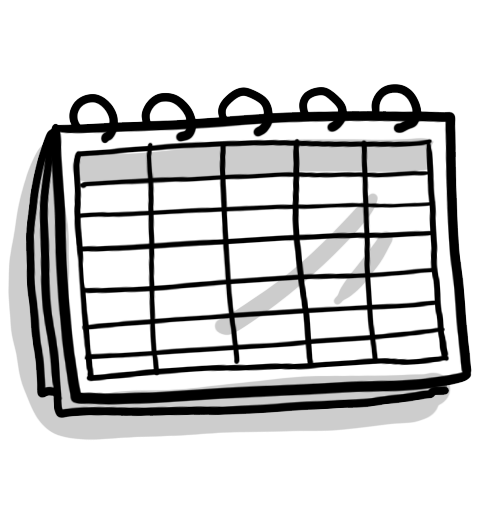
Home schooling
Do you have a need for a home school overview? Make one with your kids?
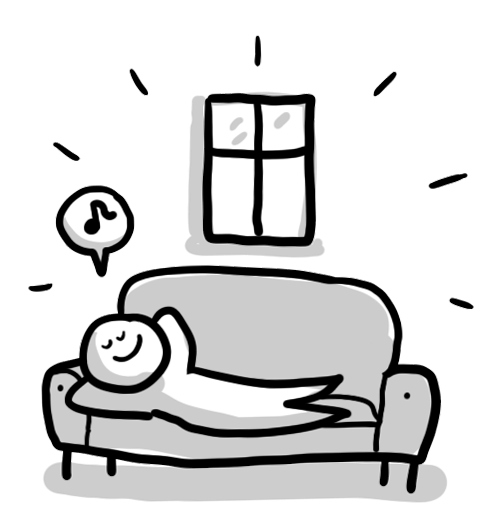
Bliss at home
Do you have a need for your older kids to contribute to a well functioning home? Focus on that part.
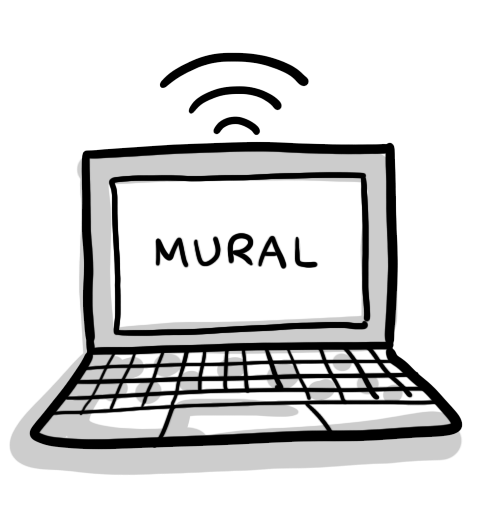
Digital
Use the template in MURAL. Bring your family to the screen and play with filling it out together.
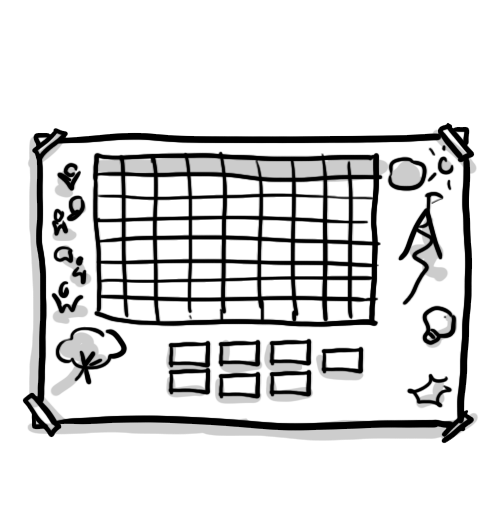
Physical
Draw up the template on a large roll of paper, use colored stickies and dark pens to create the content you want, together.

Use visuals
Create your own icons or use the pre-made ones.
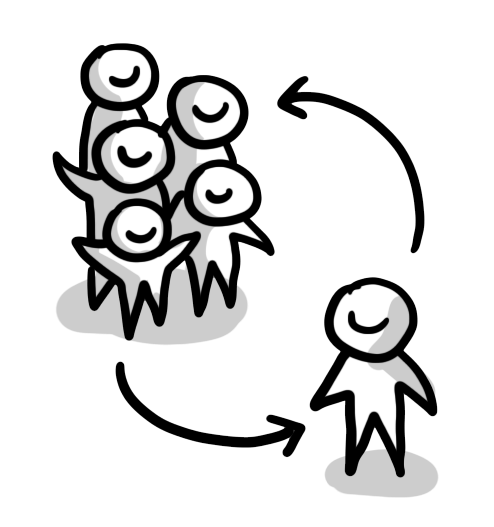
Together or individually
Make a week plan for your entire family. Or make one for you or your kid(s) individually
Explore, plan and prioritize a good week in a fun and creative way. For your family. All ages.
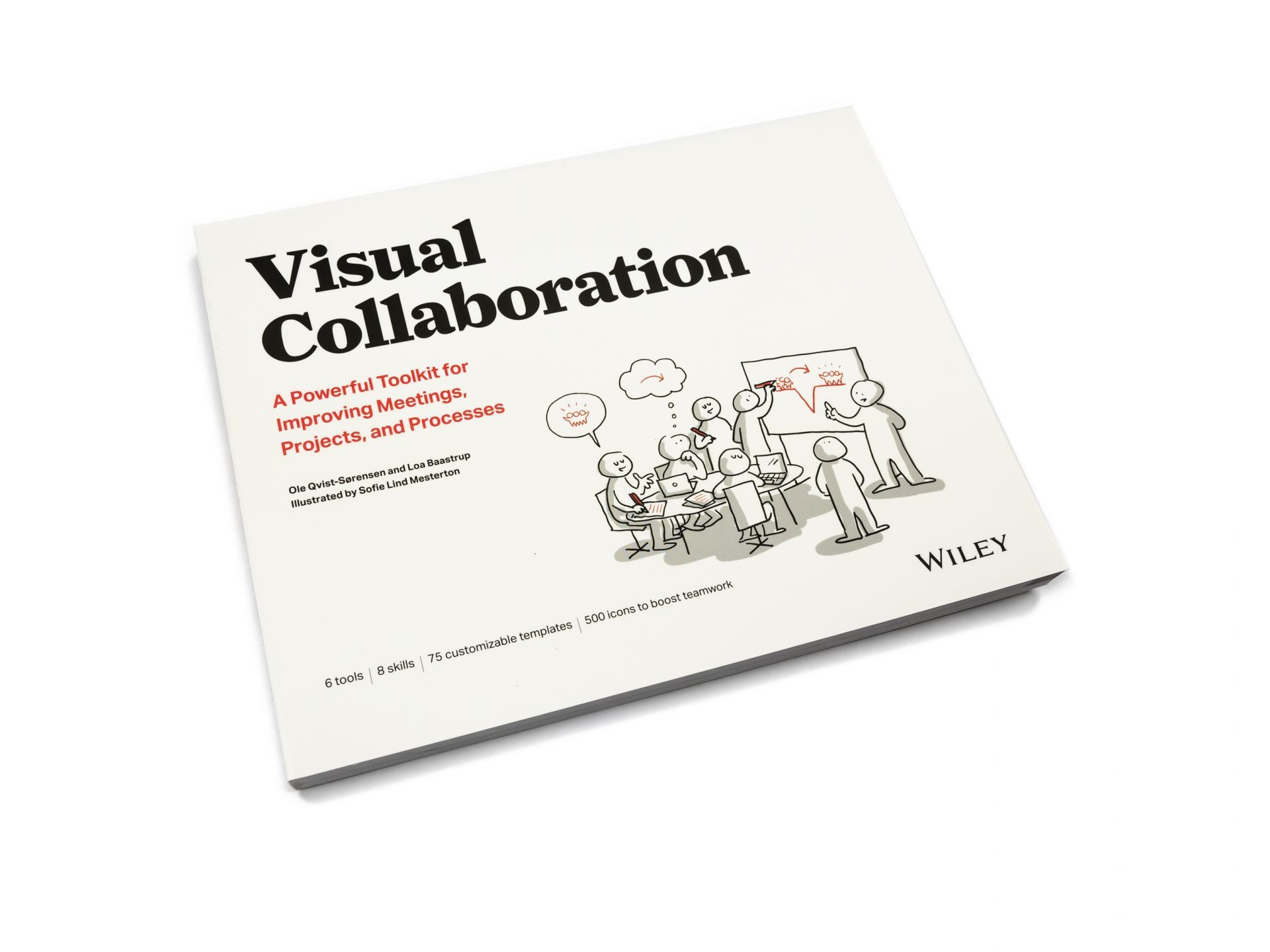
Would you like to create your own template?
In our award winning book we present The Five Building Blocks of Visual Collaboration. They will help you facilitate kick-ass meetings, project, and processes. Face to face and remote.
Here is what other visual learners say about Visual Collaboration
Bliss Browne
President and Founder
Imagine Chicago
Christoph Eisenhardt,
R&D Strategy & Change, Roche Diabetes Care GmbH
Olga Svyrydenko
Business Strategy Lead
Global Training Partner Program
Microsoft
A Guide for Working (from home) Parents
Our 'A Good Week' template is inspired by this HBR article from 2020.
HBR's advice for coping with lockdown
1. Maintain routines
Keep the structure of the day the same as it has typically been. Beyond the benefits of familiarity, maintaining a regular schedule will give you firm guideposts for building a sane family schedule.
2. Create modified schedules
Design weeks that incorporates these routines at a high level but is modified to account for your work blocks and other new responsibilities meals, chores, childcare and fun / spur of the moment activities.
3. Swap new ways to do old things
If your kids are used to having playdates or weekly activities, find ways to keep those events on the calendar, just in a new form. Everyone will appreciate the social time and, as a bonus, it also can buy you 30 minutes of uninterrupted work time.

